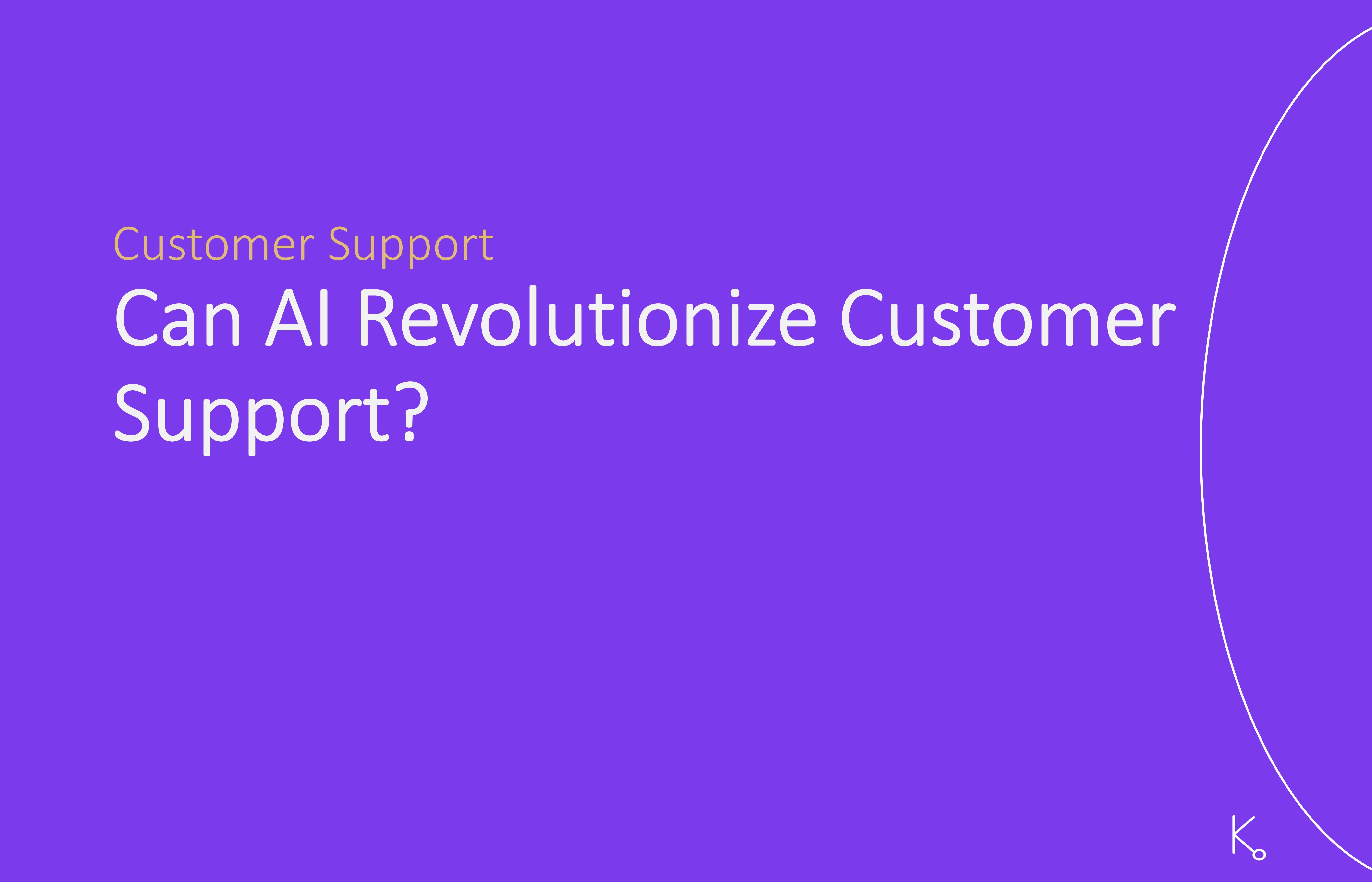Can Artificial Intelligence Revolutionize Customer Service?
Customers expect quick, efficient, and personalized support, businesses are increasingly turning to artificial intelligence (AI) to meet rising demands. AI-driven customer service solutions are not just an emerging trend—they are fast becoming a necessity for businesses seeking to stay competitive. In a recent article from The Economist, the potential of AI to transform customer service is thoroughly examined, highlighting both its benefits and limitations.
The Growing Role of AI in Customer Service
AI is transforming the customer service landscape by automating routine tasks, improving response times, and delivering personalized interactions at scale. According to The Economist, AI-powered tools like chatbots and virtual assistants are playing a crucial role in reducing the burden on human agents. These technologies can handle large volumes of customer queries, provide instant responses, and are available 24/7—allowing businesses to offer seamless customer support without incurring the high costs of human labor.
For instance, AI systems can handle tasks such as answering frequently asked questions, processing basic transactions, and troubleshooting common problems. This helps free up human agents to focus on more complex or emotionally sensitive customer issues, improving the overall efficiency of customer service teams.
Moreover, AI's ability to learn and adapt over time is revolutionizing how companies handle customer interactions. Machine learning algorithms can analyze data from past interactions to offer increasingly accurate and contextually relevant responses, improving the customer experience.
AI’s Benefits: Speed, Efficiency, and Personalization
One of the biggest advantages AI offers in customer service is speed. AI-driven tools can provide instant responses to common customer queries, significantly reducing wait times. In a world where consumers expect immediate answers, this is crucial for enhancing customer satisfaction.
AI also boosts efficiency by handling multiple customer interactions simultaneously. While a human agent can only attend to one customer at a time, AI chatbots can engage with hundreds, if not thousands, of customers at once. This scalability makes AI an attractive solution for businesses with high volumes of customer inquiries.
In addition to speed and efficiency, AI can also deliver personalized experiences. By analyzing customer data and previous interactions, AI tools can offer tailored responses that address individual needs and preferences. This personalization not only improves customer satisfaction but also builds stronger relationships between brands and their customers.
The Challenges: Can AI Replace the Human Touch?
While AI has clear advantages, The Economist points out that it cannot completely replace human customer service agents. Although AI excels at handling routine and predictable tasks, more complex queries that require emotional intelligence, empathy, or creative problem-solving still benefit from human interaction.
For example, when a customer is upset or frustrated, the empathetic touch of a human agent can make a significant difference. AI, in its current form, struggles to fully grasp human emotions and may not always be able to provide the compassionate support that certain situations require.
Additionally, there are concerns about over-reliance on AI. Customers may feel frustrated if they are unable to reach a human agent for more complicated issues, especially if AI-driven tools offer insufficient responses. Striking the right balance between AI automation and human involvement is critical to maintaining customer satisfaction.
The Future of AI in Customer Service
As AI technology continues to advance, its role in customer service is likely to grow even more prominent. The key to success, however, will be in integration—leveraging AI to handle the tasks it performs best, while allowing human agents to focus on the areas where their skills are most needed.
Businesses should see AI as a tool that enhances, rather than replaces, human customer service teams. By using AI to handle repetitive and time-consuming tasks, companies can free up resources to provide better, more personalized support for their customers.
Ultimately, AI has the potential to not only rescue customer service but also to revolutionize it. By combining the efficiency of AI with the empathy and creativity of human agents, businesses can deliver a superior customer experience that meets the evolving needs of today's consumers.
Deflekt.ai: Leading the Way in AI-Driven Customer Service Solutions
One of the leading players in this space is Deflekt.ai, an AI-driven customer service platform that is transforming how businesses engage with their customers. Deflekt.ai provides advanced chatbot and virtual assistant solutions designed to automate routine tasks, deliver personalized experiences, and seamlessly integrate into existing customer support systems. With Deflekt.ai’s tools, businesses can handle high volumes of customer queries with speed and precision, while human agents focus on more complex issues.
Deflekt.ai’s cutting-edge technology continuously learns from customer interactions, ensuring that its AI solutions get smarter over time, delivering more accurate and context-aware responses. By integrating AI into customer service operations, companies can enhance efficiency, improve customer satisfaction, and scale their support operations effectively.
For more insights into how AI is transforming industries, check out the full article on The Economist.
